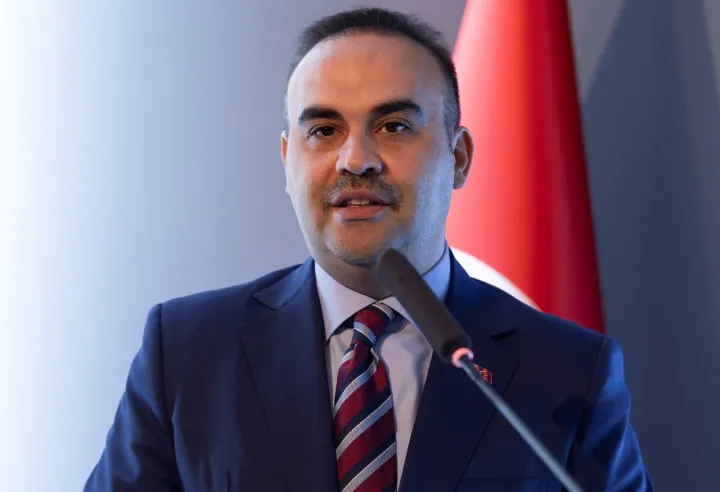Fuel stations are running out of stock across Nigeria as confusion reigns after newly sworn-in President Bola Tinubu announced scrapping of subsidy on petroleum products.
Pump prices have more than tripled while long queues are being witnessed at filling stations in major cities and towns across the West African country. Local media outlets are reporting of a hike in transport fares.
The head of the state oil firm NNPC on Tuesday assured of a sufficient supply of fuel in the country and blamed motorists for buying "more than what they need".
"We understand people will be scared of potential changes to price of petrol, But that is not enough for people to rush to fuel stations to buy more than what they need. We believe normalcy will resume very soon," Mele Kyari said at a media briefing.
President Tinubu's team explained that the current budget did not provide for fuel subsidy beyond June and accused the media of "mischievously twisting the narrative".
"Tinubu’s government has merely inherited a regime where there was no provision for subsidy in the 2023 Appropriation Act as of June 2023," said Festus Keyamo, who was the spokesman of the presidential campaign.
He added that the president had "merely acknowledged this state of affairs" in his inaugural speech.
In his inauguration speech, President Tinubu said he would get rid of the fuel subsidy -estimated to cost nearly $10 billion last year. It was one of his campaign promises but a previous effort to end it led to violent protests.
Nigeria is Africa's biggest oil producer but relies on importation of refined petroleum products for domestic consumption because for decades, its four state-owned refineries have not been functioning properly.
Billionaire Aliko Dangote last week opened an oil refinery in Lagos - the largest in Africa - that has been described as a game changer for Nigeria's fuel problems.
Read more: Is Dangote’s multi-billion dollar oil refinery the solution to Nigeria’s fuel problems?
























